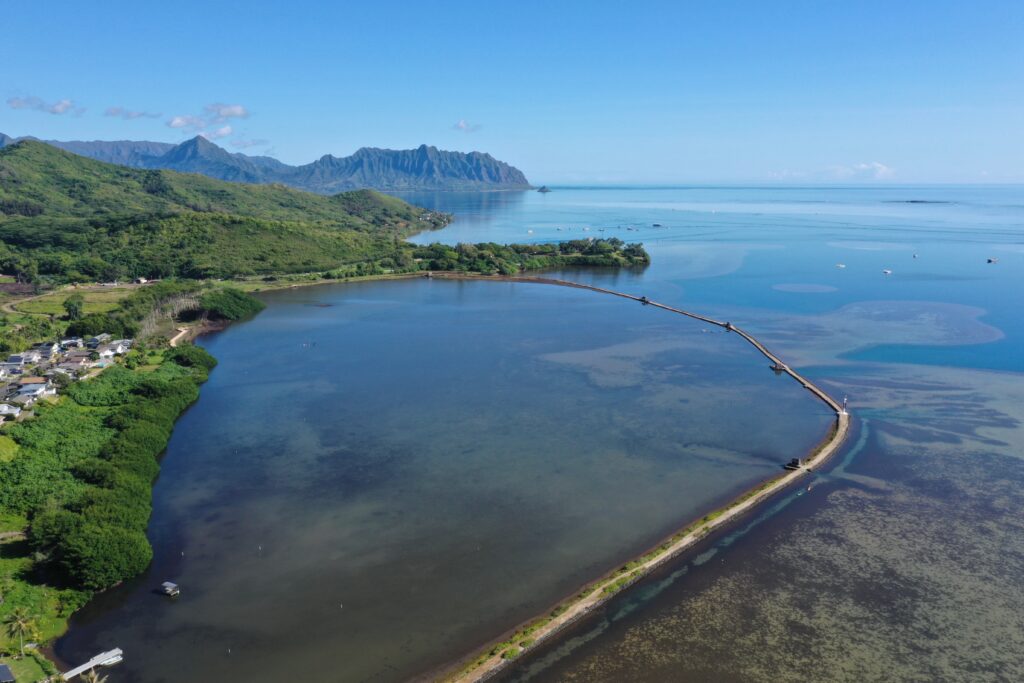OVER THE NEXT TWO YEARS, THE UNIVERSITY OF HAWAI‘I (UH) PLANS TO ESTABLISH a first-of-its-kind Climate-Resilient Food Innovation Network (CliRFIN) — a hub for Hawai‘i and U.S-Affiliated Pacific Islands (USAPI) to develop collaborative and innovative solutions to mitigate climate change impacts on food security.
The initiative is made possible by a $1-million National Science Foundation Regional Innovation Engines (NSF Engines) Development Award, a new program that aims to help partners create economic, societal and technological opportunities for their regions. With the award, UH is eligible to compete for a subsequent award of up to $160 million.
“To build a collaborative regional network to provide innovative solutions to global issues like food insecurity due to climate change,” said Vassilis L. Syrmos, UH vice president for research and innovation. “Through our efforts, we hope to serve as a global leader in identifying and developing scalable, climate-resilient food systems that are reflective of a region’s culture and environment.”
Over the next two years, CliRFIN will focus on building an organizational structure and strategy, including identifying partnerships, resources and initiatives to expand workforce development and commercialization opportunities throughout the region.
The initiative’s long-term goal is to facilitate the commercialization and scaling of novel, climate-resilient food products, methods and technologies in agriculture, fisheries and aquaculture, through indigenous and modern research.
“Integrating indigenous knowledge systems with western methodologies is fundamental to our approach to developing holistic and sustainable food systems and transformative economic opportunities,” said Erik Franklin, CliRFIN’s director and fisheries team leader. “In establishing inclusive principles and equitable practices, we hope to broaden engagement and participation of underserved and underrepresented populations throughout the Pacific to create more diverse and effective opportunities for identifying problems and solutions.”
The UH Office of the Vice President for Research and Innovation will provide leadership support to CliRFIN, which includes the University of Hawai‘i at Mānoa’s School of Ocean & Earth Science and Technology, College of Tropical Agriculture and Human Resources, Hawai‘i Sea Grant, and the College of Engineering.
The initiative will also bring together the skills and expertise of a diverse group of innovators and entrepreneurs from different industries, governments, small businesses and venture capitalists including: East-West Center; Elemental Excelerator; HATCH; Hawai‘i Good Food Alliance; Hawaii Technology Development Corporation; Natural Energy Lab of Hawai‘i Authority; Office of the Governor, State of Hawai‘i; Pacific Disaster Center Global; Hawai‘i ‘Ulu Cooperative; and the University of Guam. CliRFIN will also engage a collective of 18 Minority Serving Institutions for Native Hawaiians, Asian Americans and residents of the USAI.
For more on CliRFIN, visit: research.hawaii.edu/clirfin/.

